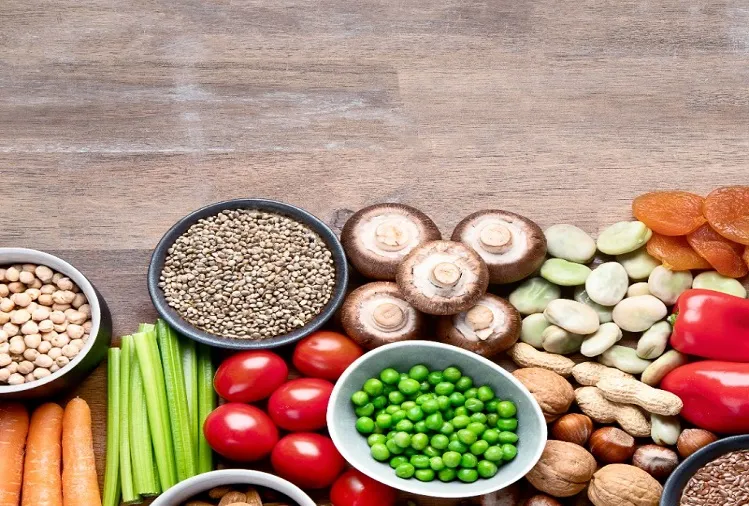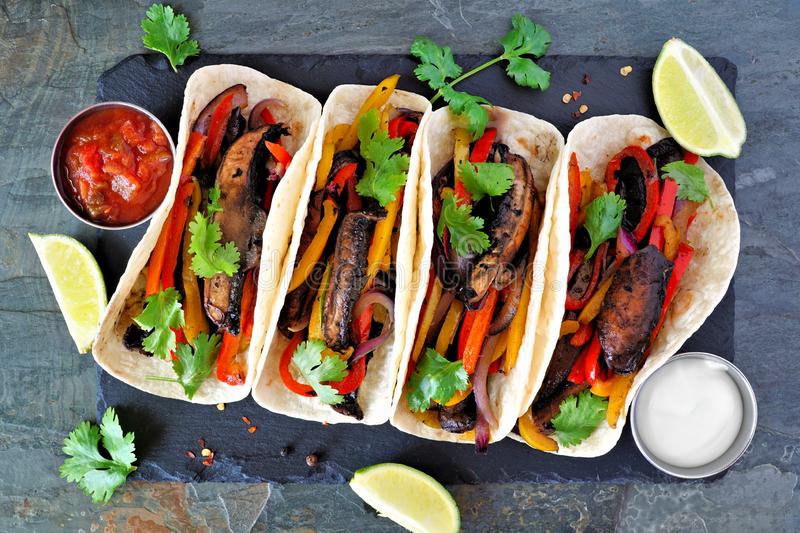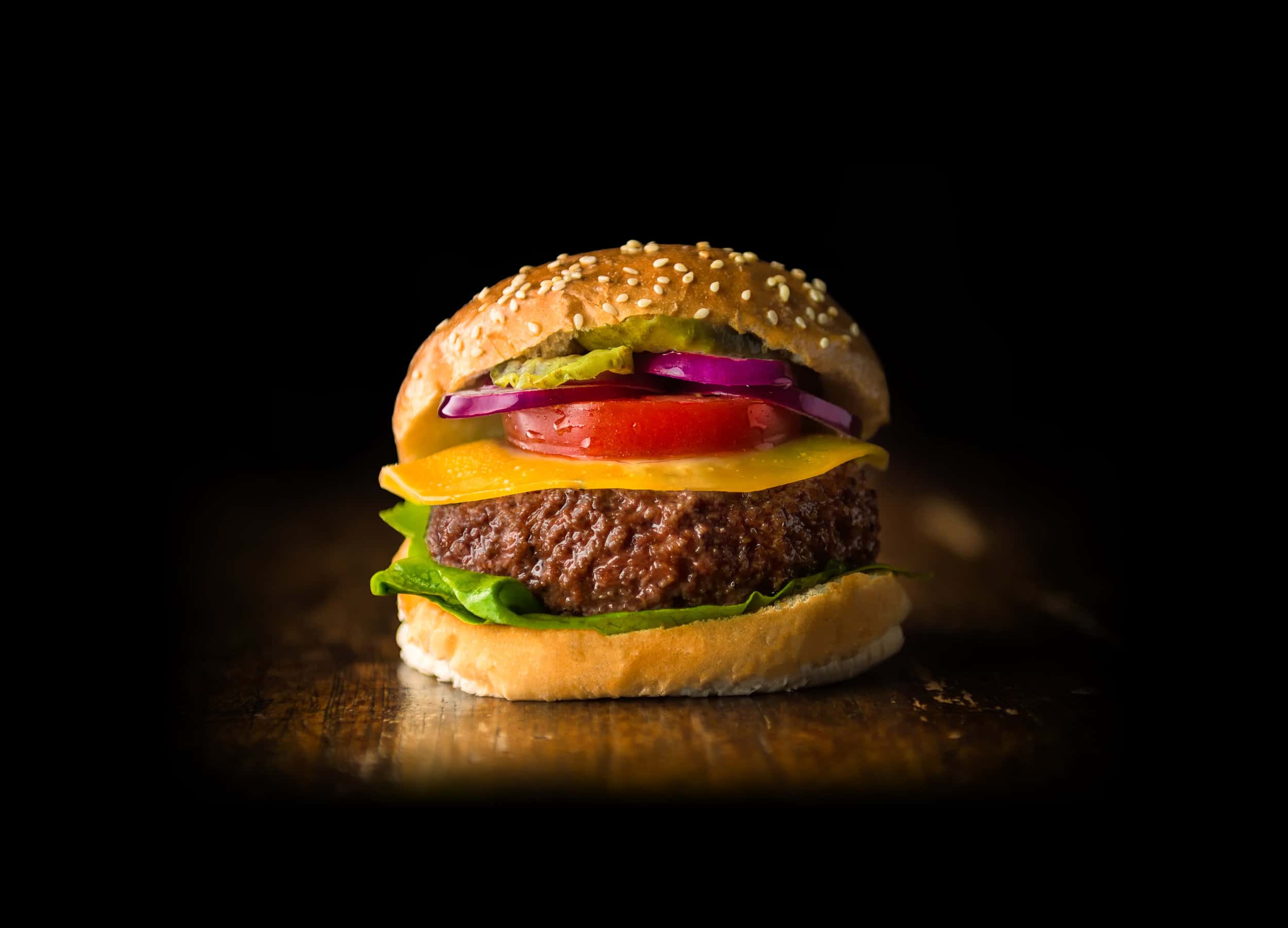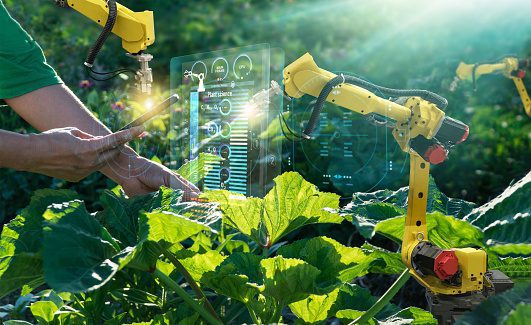Saving the planet
As it turns out, the food we consume has a major impact on our planet, while agriculture takes up half the habitable land on Earth, destroying forests and other ecosystems, producing a quarter of the world’s greenhouse gas emissions, meat and dairy specifically account for around 14.5% of global greenhouse gas emissions, as per the report.
Hence, just changing what we eat can every day help reduce carbon emissions and promote sustainable farming, according to the news agency PTI report. While there are several “climate-friendly” diets to choose from, the best known are the completely plant-based vegan diet, the vegetarian diet, which also allows eggs and dairy, and the pescetarian diet, which also allows seafood.
Interestingly, there are also “flexitarian” diets, where three-quarters of meat and dairy are replaced by plant-based food, or the Mediterranean diet which allows moderate amounts of poultry, pork, lamb, and beef, the report said.

Here’s why deciding which diet to choose is not as simple:
The report informed about a new fad diet, known as the climatarian diet. One version was created by the not-for-profit organization Climates Network, which says this diet is healthy, climate-friendly, and nature friendly. According to the publicity “with a simple diet shift you can save a tonne of CO₂ equivalents per person per year” (“equivalents” just means methane and other greenhouse gases are factored in alongside carbon dioxide), the report said.
However, the diet still allows you to eat meat and other high emission foods such as pork, poultry, fish, dairy products, and eggs, so this is just a newer version of the “climate carnivore” diet except followers are encouraged to switch as much red meat (beef, lamb, pork, veal, and venison) as possible to other meats and fish, the report said.
So saving a tonne of carbon dioxide is great but switching to vegetarianism or veganism can save even more and save the planet, we must also consider both water and land usage. While beef, for instance, needs about 15,000 liters of water per kilo, a few vegetarian or vegan foods like avocados and almonds also have a huge water footprint, but overall a plant-based diet has about half the water consumption of a standard meat-based diet, the report noted.
The report highlighted that a plant-based diet is also generally healthier. Meat, especially highly processed meat, has been linked to a string of major health issues including high blood pressure, heart disease, and cancer, however, noting that meat, dairy, and fish are the main sources of some essential vitamins and minerals such as calcium, zinc, iodine and vitamin B12. Interestingly, one study suggests a move to a global plant-based diet could reduce global mortality by up to 10% by 2050.

So what exactly is the ideal global diet to reduce greenhouse gas emissions, reduce habitat destruction and help you live longer? The report states that being an “ultra-flexitarian” is a diet of mostly plant-based foods but one that allows meat and dairy products in extreme moderation, but where red and processed meat are completely banned. This would save at least 5.5 billion tonnes of CO₂ equivalent per year (40% of all food emissions), decrease global mortality by 10% and prevent the slaughter of billions of innocent animals, the PTI report said.









